Some race cars leave an indelible mark on history, while others, despite their legendary status, quietly fade into the background. In this article, we’ll explore 20 of these remarkable machines—vehicles that once dominated the track but have since slipped out of the spotlight. From groundbreaking designs to unforgettable victories, these race cars played pivotal roles in the world of motorsport, even if their stories are now less well-known.
Contents
Chaparral 2J
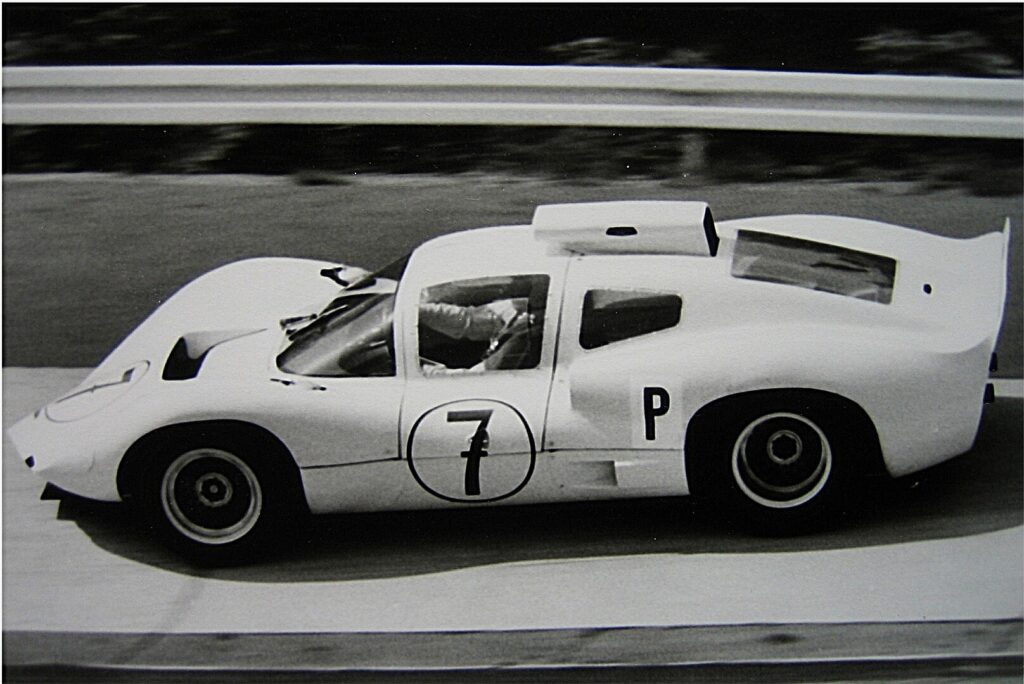
The Chaparral 2J, known as the “sucker car,” was a revolutionary race car that featured two fans at the rear to create a ground-effect suction, giving it unparalleled downforce. Despite its innovation, the car was quickly banned after just one season in 1970, as competitors argued it provided an unfair advantage. Its short-lived career left a lasting impact on racing aerodynamics, but the 2J itself faded into obscurity.
Alfa Romeo 158
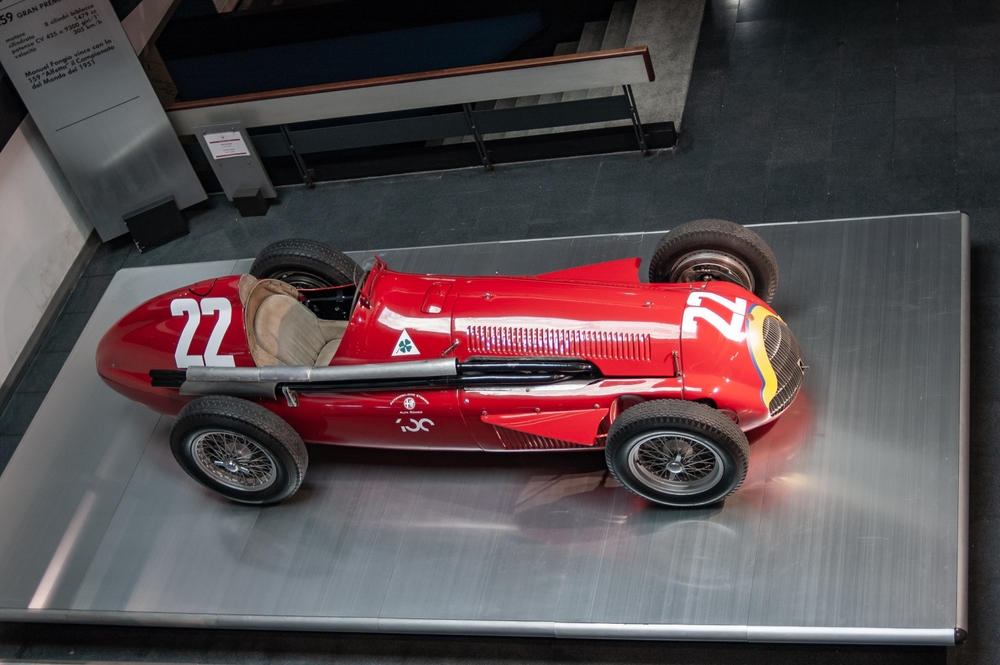
Dominating early Formula 1 in the late 1940s and early 1950s, the Alfa Romeo 158 was one of the most successful race cars of its time, winning the first-ever Formula 1 World Championship in 1950. Powered by a supercharged inline-8 engine, it set the standard for performance. However, as newer, more advanced models emerged, the 158 was eventually overshadowed and faded from the forefront of racing history.
Lotus 56B
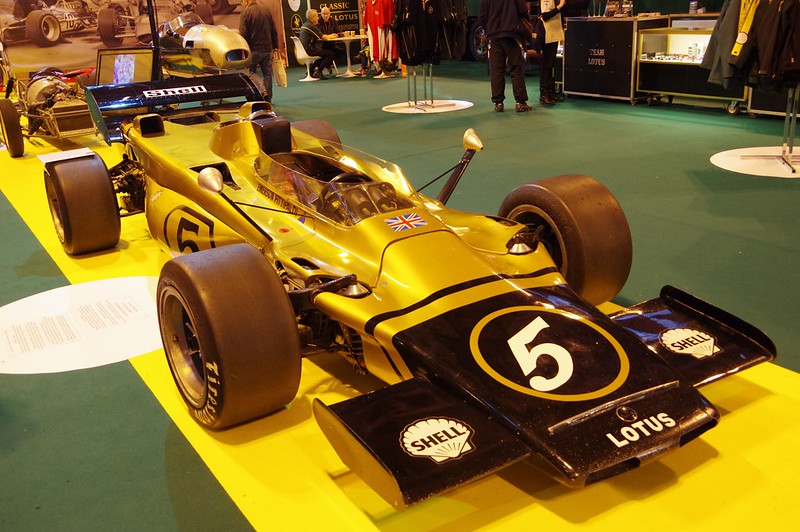
The Lotus 56B was an experimental Formula 1 car that utilized a gas turbine engine instead of the traditional internal combustion engine. While it represented a bold step forward in technology, the car never achieved lasting success due to reliability issues and a lack of power in certain conditions. The 56B’s brief stint in Formula 1 racing ended with its quiet exit from the scene.
BRM H16
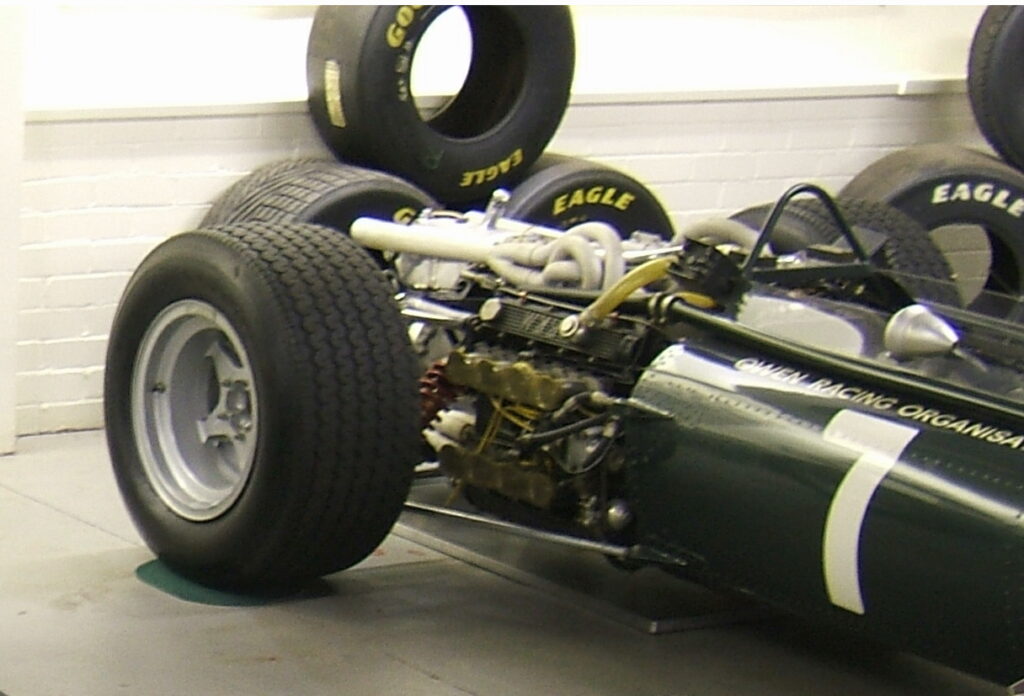
The BRM H16 was an ambitious Formula 1 car, featuring a complex 16-cylinder engine arranged in a “double flat-eight” configuration. Despite its potential, the H16 was plagued by reliability issues and excessive weight, leading to poor performance on the track. It quickly disappeared from the racing world, becoming a footnote in BRM’s otherwise storied history.
Porsche 917/30
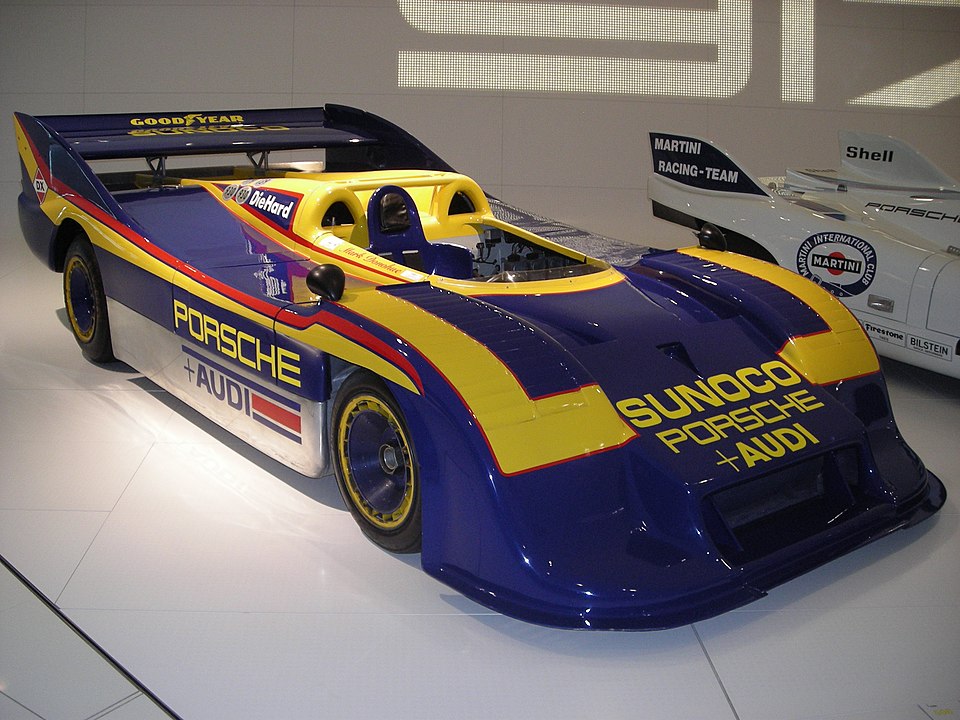
The Porsche 917/30 was a Can-Am monster, producing over 1,100 horsepower, and dominated the series in the early 1970s. Its sheer power and speed led to rule changes that effectively banned the car, ending its dominance. Although it was one of the most powerful race cars ever built, the 917/30’s reign was short-lived, and it faded into history after the Can-Am series was canceled.
Matra MS80
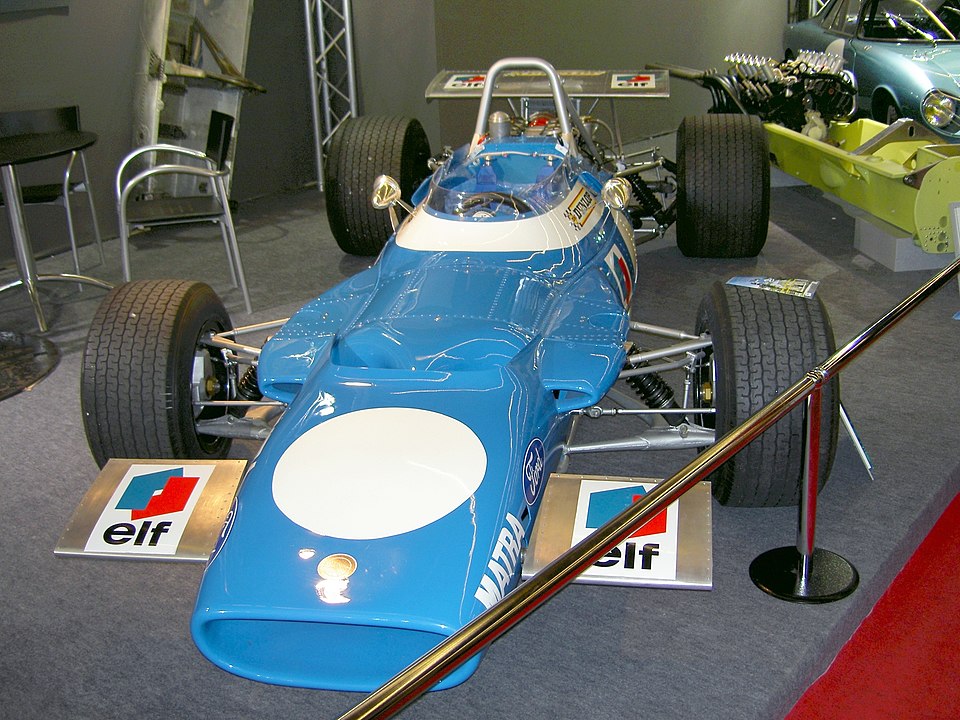
The Matra MS80, a French-built Formula 1 car, won the 1969 World Championship with Jackie Stewart behind the wheel. Despite its success, the car quickly faded from memory as Matra withdrew from Formula 1 after the 1972 season to focus on other racing endeavors. The MS80 remains a legendary car but is rarely remembered today.
Mercedes-Benz W196
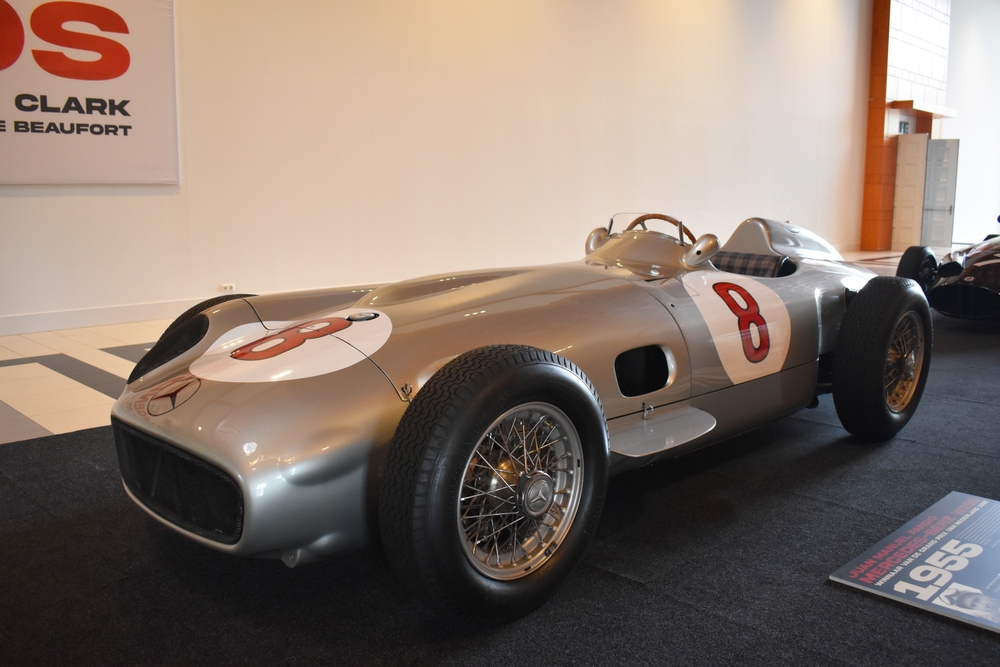
The Mercedes-Benz W196 was a dominant force in Formula 1 during the mid-1950s, securing two World Championships with Juan Manuel Fangio. However, Mercedes-Benz withdrew from motorsport following the 1955 Le Mans disaster, and the W196 was retired, its legacy overshadowed by the company’s exit from racing.
Shadow DN9
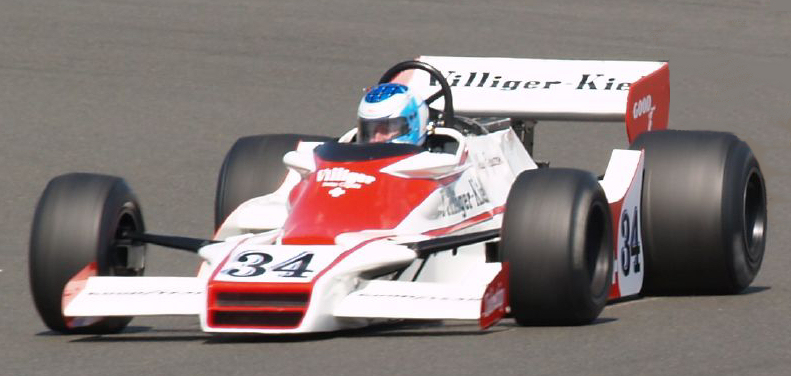
The Shadow DN9 was a competitive Formula 1 car in the late 1970s, driven by notable drivers like Alan Jones. Despite showing promise, financial difficulties within the team led to a decline in performance, and the DN9 eventually faded into the background as newer, more successful models emerged.
Ferrari 330 P4
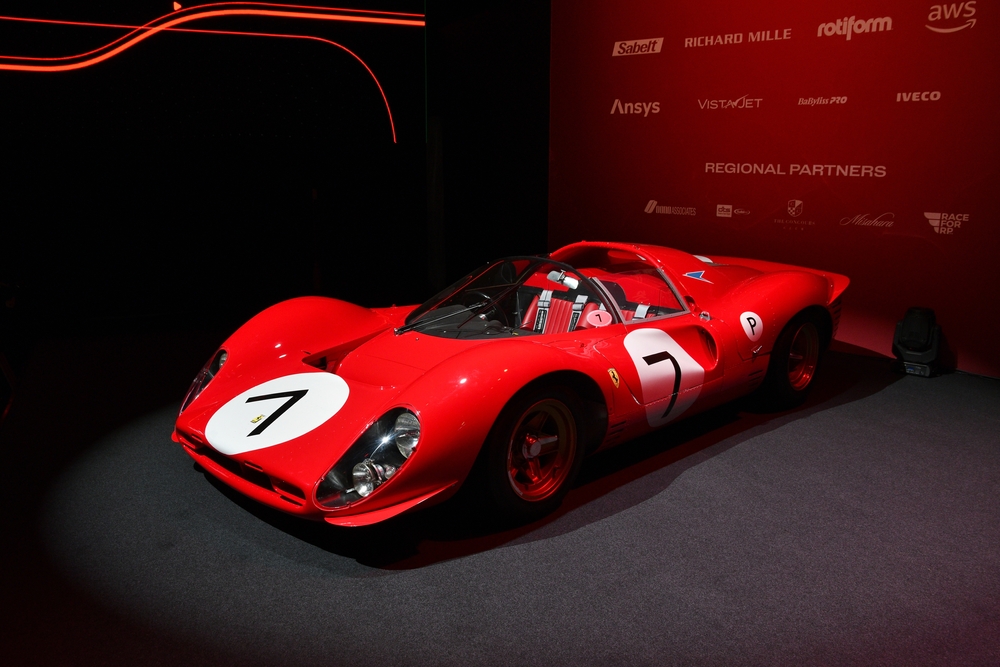
The Ferrari 330 P4 was a beautiful and successful endurance racer, designed to take on the Ford GT40 in the 1967 World Sports Car Championship. Despite its stunning design and engineering, the P4 was overshadowed by the GT40’s dominance at Le Mans and gradually faded from the racing scene as Ferrari shifted focus to other projects.
Lancia D50
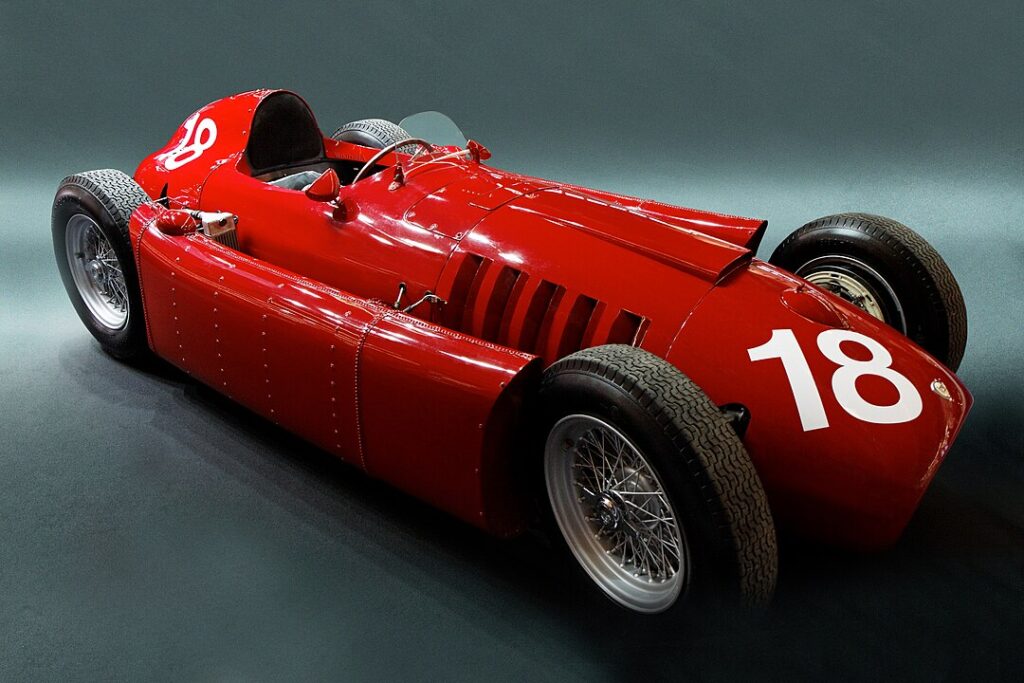
The Lancia D50 was an innovative Formula 1 car that featured outboard fuel tanks to improve aerodynamics and weight distribution. After Lancia withdrew from racing, the D50 was handed over to Ferrari, where it was gradually phased out in favor of newer designs. Its unique design and brief success make it a car lost to history.
Auto Union Type C
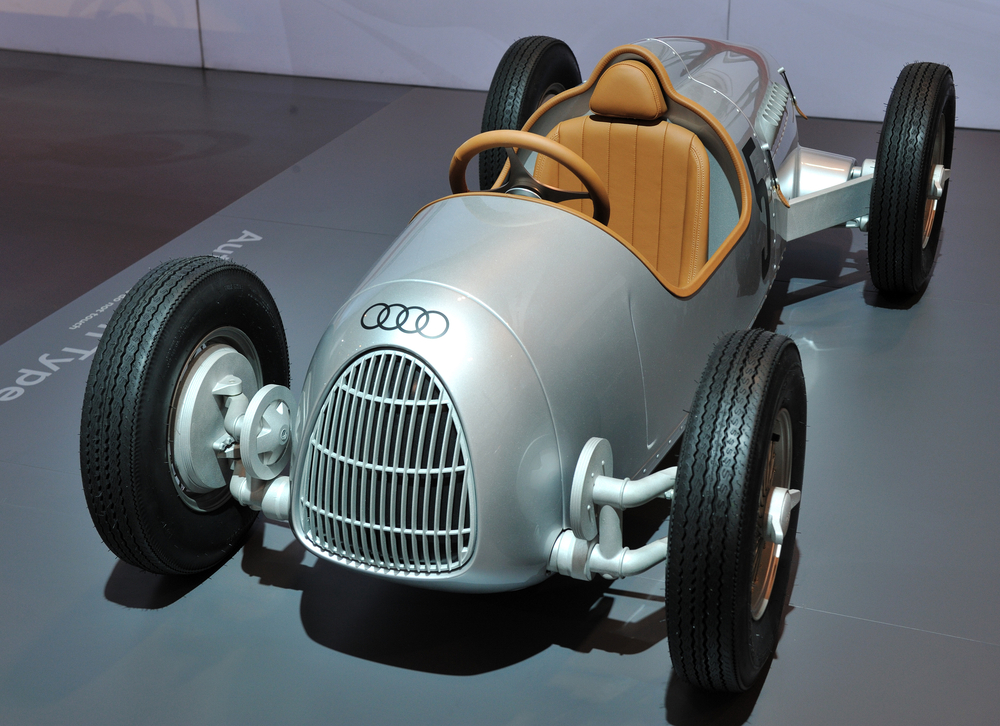
The Auto Union Type C was a pre-WWII Grand Prix car that was highly advanced for its time, featuring a supercharged V16 engine mounted behind the driver. Despite its dominance in the 1930s, the outbreak of World War II and the destruction of many of these cars in the aftermath left the Type C as a historical footnote, largely forgotten in the modern era.
Tyrrell P34
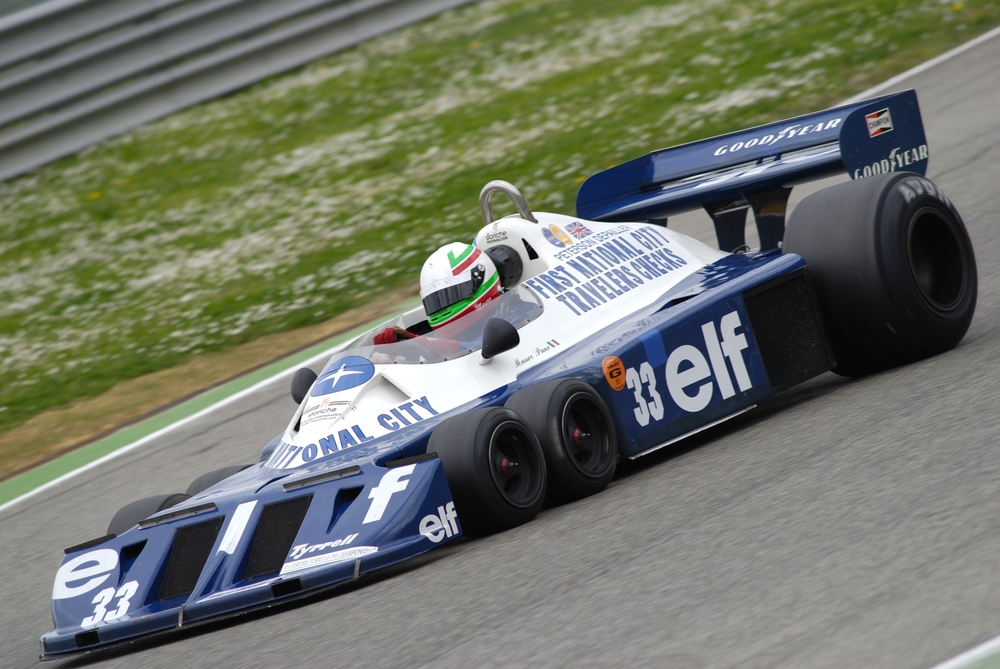
The Tyrrell P34, known as the “six-wheeler,” was an iconic Formula 1 car with four small front wheels designed to reduce aerodynamic drag. While it achieved some success, the complexity of maintaining and developing the car proved too great, and it was ultimately deemed uncompetitive, leading to its retirement and disappearance from the racing world.
Aston Martin DBR1
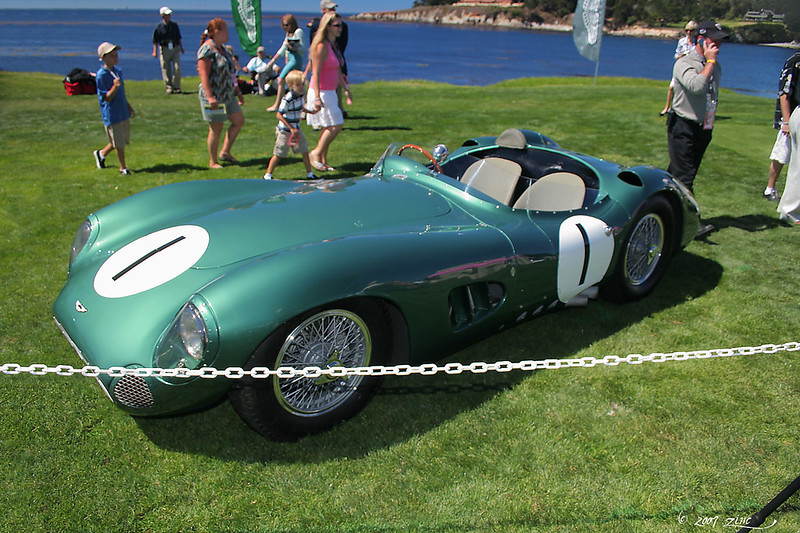
The Aston Martin DBR1 was a legendary endurance racer, most famously winning the 1959 24 Hours of Le Mans. Despite its success, Aston Martin shifted focus away from racing shortly afterward, and the DBR1 faded into history as the company concentrated on road cars. Its legacy lives on, but it remains a car that time has largely forgotten.
Honda RA272
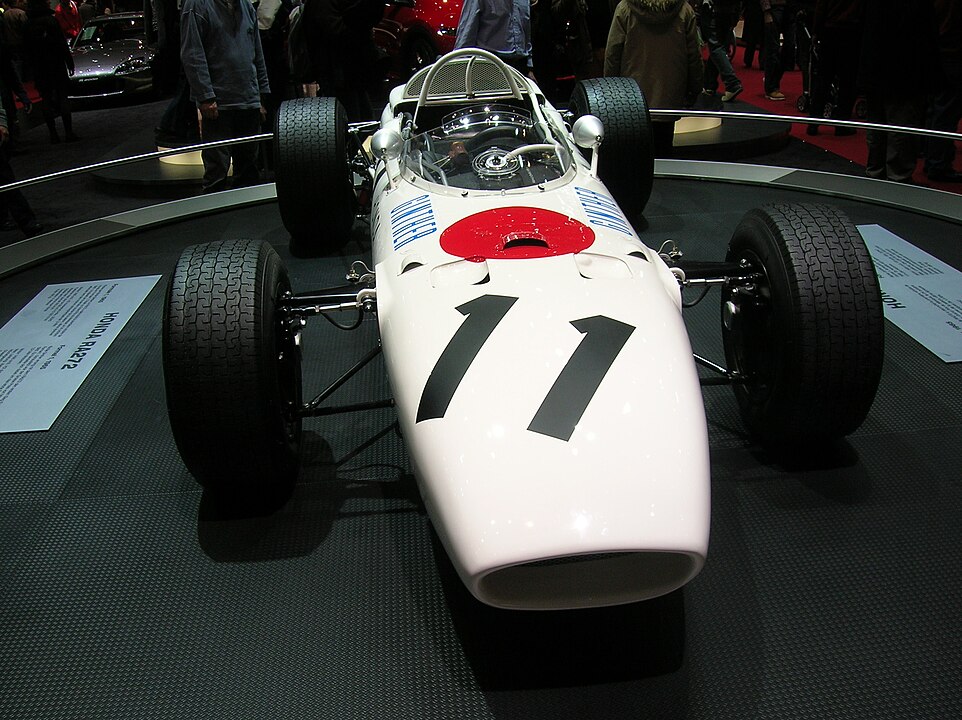
The Honda RA272 made history as the first Japanese car to win a Formula 1 race, achieving victory at the 1965 Mexican Grand Prix. Despite this milestone, Honda withdrew from Formula 1 at the end of the 1968 season, and the RA272 quickly became a forgotten chapter in racing history, overshadowed by more recent successes.
Jaguar XJR-14
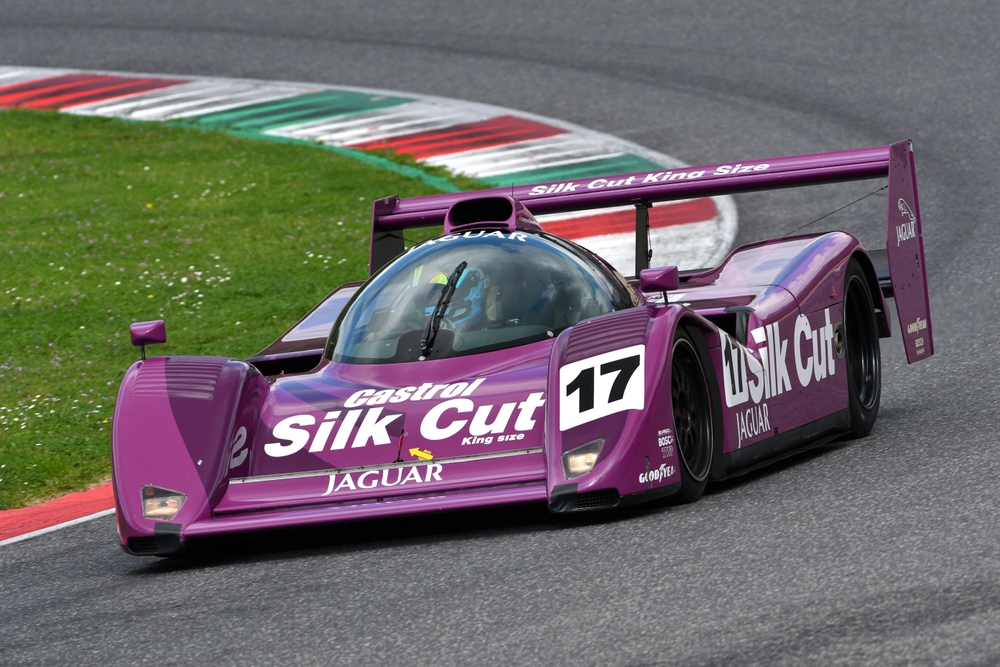
The Jaguar XJR-14 was a highly advanced Group C car that dominated the 1991 World Sportscar Championship with its powerful 3.5-liter V8 engine and cutting-edge aerodynamics. However, rule changes and competition from other manufacturers soon outpaced the XJR-14, leading to its rapid decline and fading from memory.
Peugeot 905
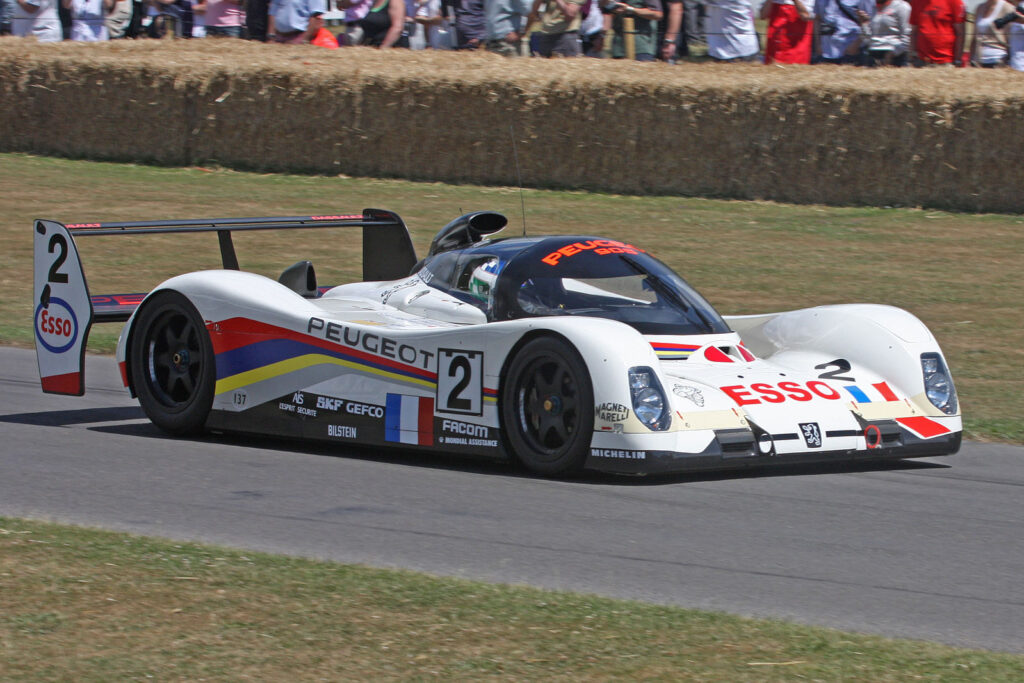
The Peugeot 905 was a successful endurance racer, winning the 24 Hours of Le Mans in 1992 and 1993 with its 3.5-liter V10 engine. Despite its achievements, Peugeot exited motorsport shortly after, and the 905 quickly faded into the annals of racing history, overshadowed by newer models and the company’s departure from the sport.
Brabham BT46B
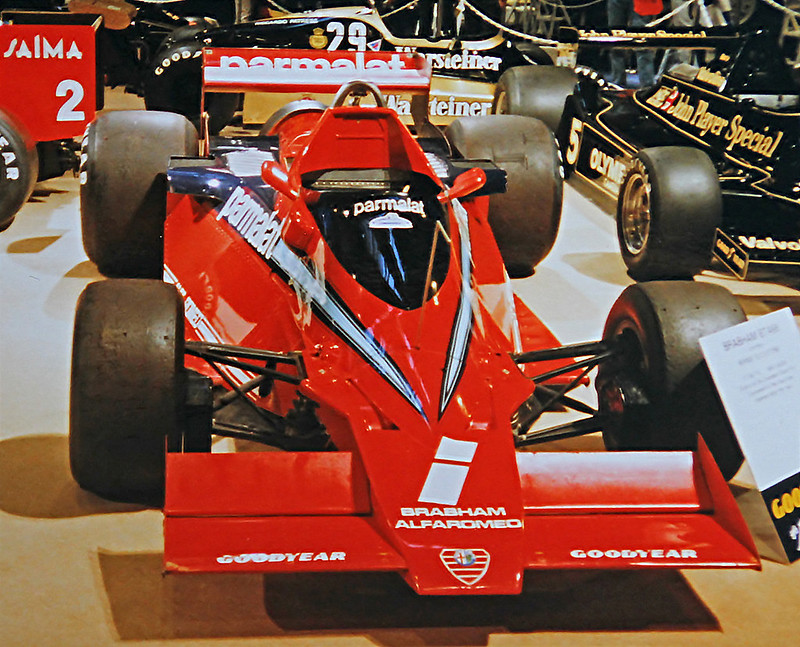
The Brabham BT46B, also known as the “fan car,” exploited a loophole in the regulations to create massive downforce using a fan at the rear. It won its debut race in 1978 but was immediately banned due to concerns over its legality. The BT46B’s brief appearance left a lasting impact on Formula 1, but the car itself quickly faded from memory.
Maserati 250F
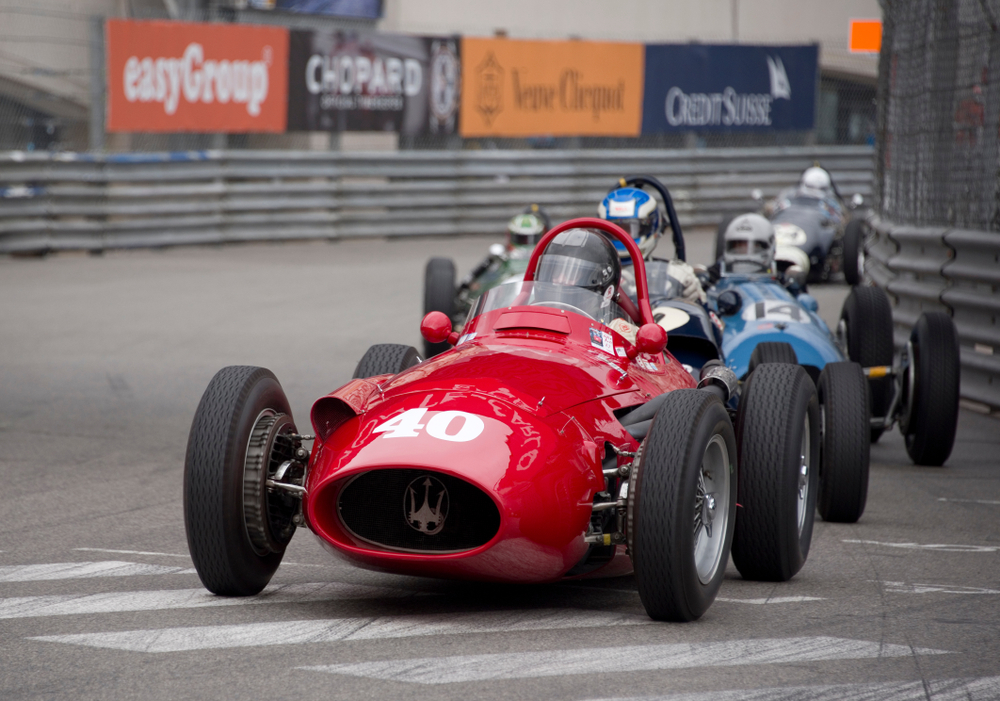
The Maserati 250F was a dominant Formula 1 car in the 1950s, driven by legends like Juan Manuel Fangio. Despite its early success, competition from newer, more advanced cars led to its gradual decline, and the 250F quietly slipped into history as Maserati withdrew from racing.
Ford P68
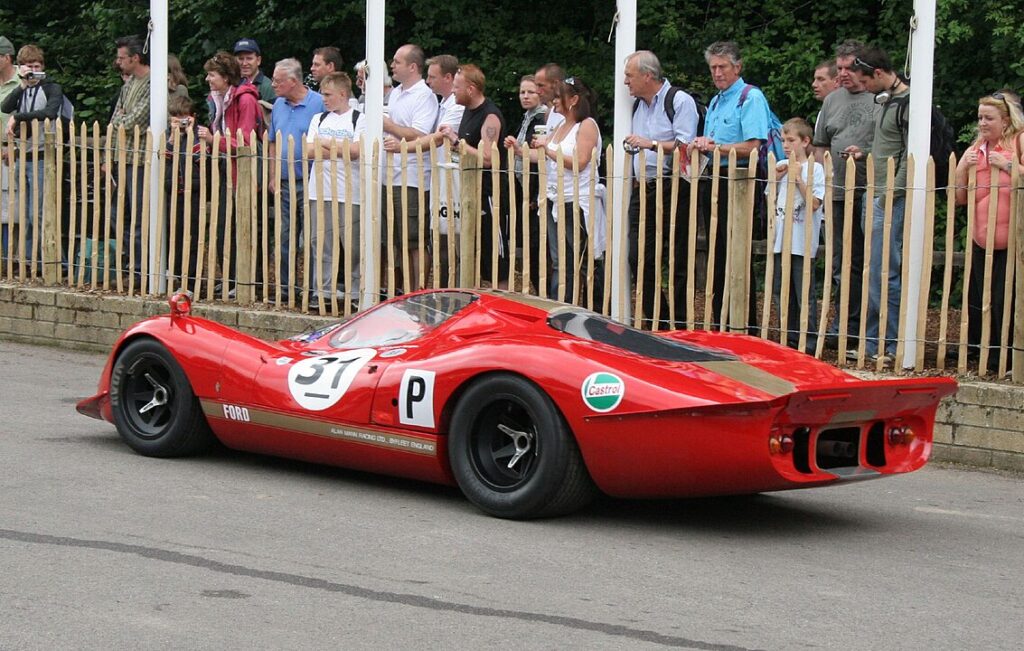
The Ford P68 was an ambitious endurance racer designed to take on the world’s best in the late 1960s. Despite its sleek design and potential, the car suffered from poor reliability and never achieved the success it was capable of. The P68’s lackluster results led to its early retirement, and it quickly faded from the racing scene.
Toyota GT-One
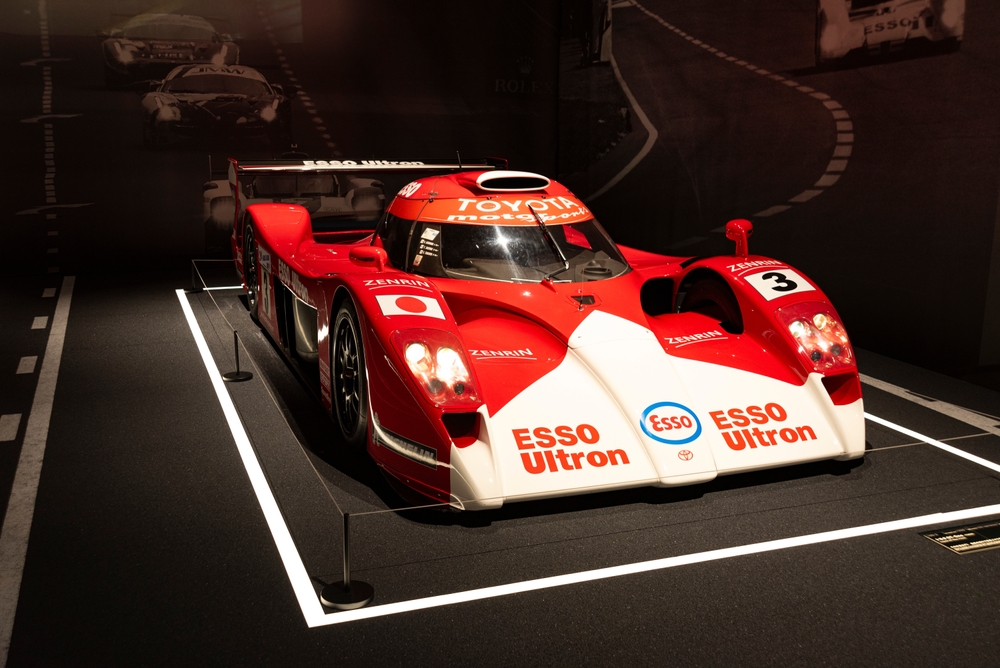
The Toyota GT-One was a Le Mans prototype that came agonizingly close to victory in the late 1990s, finishing second in 1999. Despite its impressive performance, rule changes and Toyota’s shifting priorities led to the GT-One’s disappearance from the racing world, leaving it as a nearly forgotten gem.
This article originally appeared in MyCarMakesNoise.
More from MyCarMakesNoise
18 Iconic Race Cars with Strong Investment Potential

Investing in classic race cars is not just about the thrill of ownership; it’s also a smart financial move. Some race cars have stood the test of time, becoming highly sought-after collectibles. Read More
13 Influential Changes in Commercial Truck Design

Commercial truck design has evolved significantly over the years, driven by advancements in technology, materials, and regulations. These changes have enhanced efficiency, safety, and sustainability in the trucking industry. Read More
Ducati`s 16 Most Famous Motorcycles and Their Performance Records

Ducati has a storied history of creating some of the most iconic motorcycles in the world. From groundbreaking designs to unmatched performance on the track, Ducati’s bikes have left an indelible mark on the motorcycle industry. Read More














